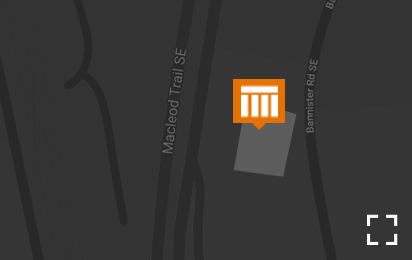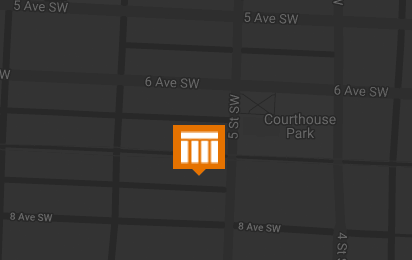Publication
Foreclosure Mortgage Discharge Statements
Foreclosure Mortgage Discharge Statements
The Ontario case, Royal Bank of Canada (RBC) v. Trang, 2016, reveals how the Supreme Court of Canada places importance on the legitimate needs of an organization to be able to collect through the use of personal information versus the individual’s rights of privacy.
When I was a Foreclosure Paralegal I was bombarded with requests for mortgage discharge statements. It gives me comfort to know that the Supreme Court of Canada, in the case of Royal Bank of Canada (RBC) v. Trang, 2016 SCC 50, provided some guidance on the issuance of mortgage discharge statements under the PIPEDA.
PIPEDA or Personal Information Protection and Electronic Documents Act sets the national standard for privacy practice in commercial activities. It prohibits organizations from disclosing personal information without the individual’s knowledge and consent.1 In Alberta, we have PIPA or the Personal Information Protection Act. PIPA was deemed to be substantially similar to PIPEDA.2 It will be quite interesting how the latest ruling will play out in Alberta.
In the Trang case, the Supreme Court confirmed that under the PIPEDA, a mortgagee bank is not prevented from issuing a discharge statement to a judgment creditor who has filed an execution of judgment.
In that case, RBC obtained a judgment against the Trangs for the default of their loan in Ontario. RBC sought the execution of the judgment through a sheriff’s sale of the Trangs’ property. The Sheriff required a mortgage discharge statement from Scotiabank, the mortgagee who has priority on title. RBC brought a motion to compel Scotiabank and the Trangs to produce the mortgage discharge statement. Scotiabank refused to provide the statement on the basis of PIPEDA.
The Court found that PIPEDA does not interfere with the Court’s ability to make orders. Accordingly, it stated that the motion judge had the power under either the Ontario Rules of Procedure or the inherent jurisdiction of the Court to order disclosures. On the premise that a judgment creditor should not be required to undergo a cumbersome and costly procedure to realize its debt, the Court ruled that Scotiabank should produce the statement to RBC.
The more interesting pronouncement, however, and apt to guide mortgagees, is the Court’s consideration that the Trangs impliedly consented to the disclosure under the circumstances of the case.
The Court has confirmed that under PIPEDA3, a mortgagee may provide a mortgage discharge statement to a judgment creditor, in the absence of an order, as the mortgagor is considered to have impliedly consented to the information which is ‘less sensitive’. Though financial information is generally extremely sensitive, the degree of sensitivity of specific financial information is a contextual determination and assessed in the context of related financial information already in the public domain; the purpose served by making the related information public; and, the nature of the relationship between the mortgagor, mortgagee and directly affected third parties. By making public the mortgages that are registered electronically on title, the principal amount of the mortgage, the rate of interest and the due date, among other things, allow the creditors with a current or future interest in the land to make informed decisions. The disclosure of the discharge statement gives certainty to the rough calculations that could already be made from the publicly available information. Thus, the Court found the mortgage discharge statement to be less sensitive than other financial information.
Accordingly, the Court held that a reasonable person borrowing money would know that if he defaults on his loan, his creditor will be entitled to recover the debt against his assets, and it follows that a creditor will be able to obtain the information necessary to realize on its legal rights.
In light of the above, the Supreme Court concluded that the Trangs impliedly consented to the disclosure of the mortgage discharge statement by its mortgagee bank, Scotiabank, to RBC.
For further information, please contact any lawyer in our Foreclosure group.
1 4.3 of Schedule 1, PIPEDA.
2 Organization in the Province of Alberta Exemption Order SOR/2004-219.
3 4.3.6 of Schedule 1, PIPEDA.

